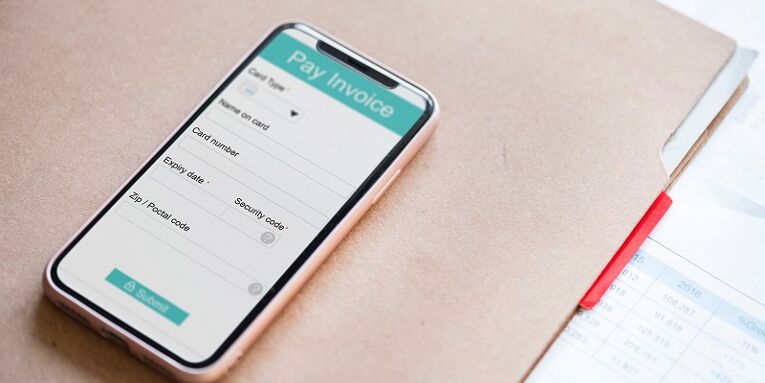Insights
How to tell if an e-mail is genuine or a phishing email.

Is the email genuine or not?
Phishing emails are attempts by scammers to trick you into giving out your personal details. This can include your passwords, credit card numbers and/or bank account numbers.
You might have received an email claiming to be from a bank or someone claiming to have an urgent unpaid invoice. Other scams may look as though they come from one of your social networks.
You might have received an email claiming to be from a bank or someone claiming to have an urgent unpaid invoice. Other scams may look as though they come from one of your social networks.
So how do you avoid being scammed?
Here are some of the signs that an email might not be genuine:
1. Are there disguised or incorrect links in the email?
Resting (but not clicking) your mouse pointer on the link should reveal the destination web address. For instance, on the screen the address might be www.crimestoppers-uk.org but, when you rest your mouse on the link, it shows www.fakeurl.org/index/crimestoppers.
Double check web addresses (URLs) in emails. A closer look at phishing emails often shows URLs that are slightly altered. For example, at a quick glance www.crimestoppers.org looks to be a genuine web address, but a closer look shows it’s not the correct address. The correct web address for Crimestoppers is www.crimestoppers-uk.org.
2. Is it an email from a company or person you don’t recognise?
Don't remember making a transaction with them or recognise anything about the sender? The email may not be genuine.
3. Did you order an item?
Phishing emails may tell you about an invoice that needs to be paid or to let you know an order has been dispatched.
The email may contain an instruction like “order details and invoice in attached file”. If you open this file it may put a virus on your computer. Think about using security software that scans emails for viruses: this can help to keep your computer and your personal details safe.
The email may contain an instruction like “order details and invoice in attached file”. If you open this file it may put a virus on your computer. Think about using security software that scans emails for viruses: this can help to keep your computer and your personal details safe.
How do you report online fraud if you are a victim?
You can find more information on what to look out for and report online fraud to ActionFraud.
Who can you tell if you know who is sending scam emails?
Crimestoppers takes information about fraud. You can call 0800 555 111 or complete our Anonymous Online Form at www.crimestoppers-uk.org. Whether you decide to call or contact us online, you'll be 100% anonymous. Always.